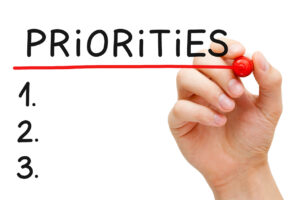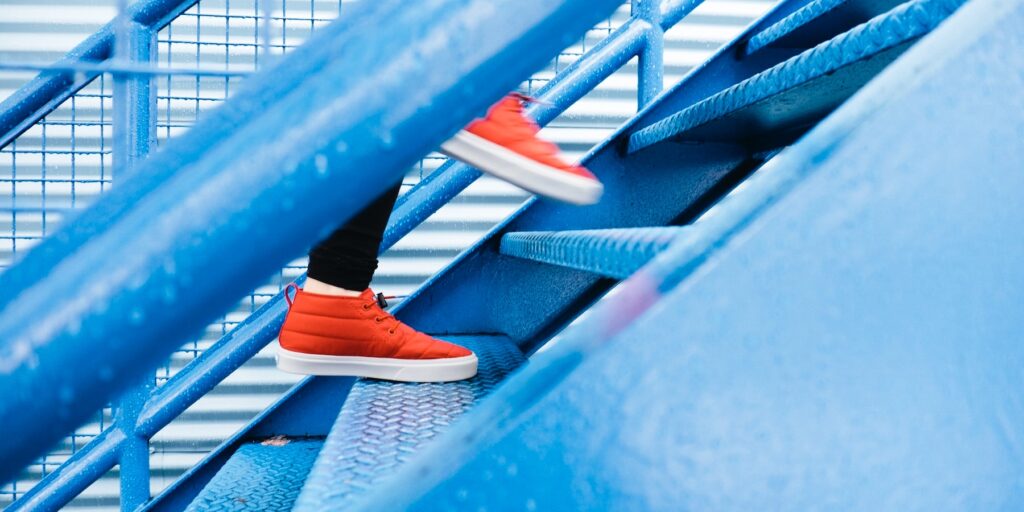Read time 5 minutes
This blog is another opportunity to feel grateful. Thank you, dear Universe, you continue to bless me with recovery and health.
As kids, we are reinforced with the need to study hard, play hard, and become someone who can achieve the sun and the moon.
As students, perfect grades are such a mandate and are believed our ticket to a successful future. This obligation creates such a strong impact that it either keeps our focus on studies or forces us to use cheating chits.
A strong academic qualification is our portal to get our foot in the door. We grow up striving to climb up the ladder of our careers. And, ultimately, the mind only learns to wire and focus on victory.

But are we really happy? Are we in the best of our health?
Probably not.
It is the endless competition, and it’s called Life.
In the process, of being competitive, we forget to weigh our happiness and focus on health. Work takes the front seat and becomes so important that we tend to ignore the warning signs from our bodies.
Something similar happened to me when I ignored my health to foreground work. This blog post aims to shed light on my personal experience and what I learned.
I worked as an Investment Banker in the financial powerhouse of India. The city is well known for its age-old art of making money and absorbs one very easily.
Investment banking as an industry is quite dynamic and competitive. It is intellectually stimulating and filled with passionate people. My key role was literally to work hard and rank work over everything else.
The idea brought me much professional success.
However, I often tussled with my mind and attempted things out of the box. It was difficult to keep up with my fundamental values. The core ambiance of the office was designed to continuously haunt to win the rat race. I became so self-centered and a part of the competitive world.
What a pity!
It’s unfortunate how we assume that more hours worked equates to better productivity standards. I worked at odd hours and even on weekends. I felt peer-driven to expect much more than required in the realm of proving myself.
I often presumed it to be a waste of the weekend if it wasn’t spent making plans. It’s this false notion that made me feel ashamed for choosing relaxation over being on autopilot. I expected so much more that I ignored everything else.
Here’s the thing: My body was smarter than I thought. It gave me warning signs when things weren’t right. Yet, I ignored the signals and continued acting innocent. I was convinced that taking breaks would break the momentum and preferred slogging.
I was naive not to figure out, what started as mere health symptoms was just the foundation. It was building the base recipe for future burnout, and it would lead to severe consequences. I was wrong to presume that anything could be pushed as long as I met my work deadlines.
I ended up getting diagnosed with a rare disease called Isaacs’ Syndrome. Isaacs’ is a neuromuscular health condition that stems from muscle hyperactivity. My lift post-diagnosis underwent a drastic change. In the process, I also discovered that I had Lyme disease. Lyme is a bacterial illness that gets transmitted through ticks. I was also accompanied by Glaucoma. Glaucoma is an eye-related disease that damages the optic nerves. And Membranous Glomerulonephritis is a progressive kidney disease.
At times, we really learn the hard way. It’s only when something drastic dents our well-being that we give the attention it deserves.
Though priorities differ individually, there are some common to all. We need breaks, exercise, eat healthy, and get enough sleep. We need to listen to our bodies and seek medical attention when necessary. We need to learn to say no to work-related demands that might compromise our health.
But even after knowing it all, I didn’t practice any of this.
Today, I hold myself responsible for my aggravating symptoms and depleting health. I went careless and got consumed. I was busy consuming content that I now find useless.
Neurological symptoms arise as a result of abnormal functioning of the nervous system.
Due to various reasons, one or more parts of my nervous system got altered. I experienced challenges that made maintaining the right body posture and movement difficult. I also had frequent dizziness, fatigue, body pain, and problems with involuntary movements. My immune system got compromised making me prone to infections. Fever and cold were almost a daily affair and the rest is history.
For someone coping with an endless list of symptoms, work became torturous.
I couldn’t accommodate anything else with physical therapies, painkillers, and chronic pain. Even the side effects were unimaginable.
I needed to recalibrate since my rare disease was degenerative. I had no option except to quit work.
At first, I was guilty. But did I opt for it or was it needed?
Now I think it to be the right decision as I only got sicker. Being chronically ill means making many tough and uncertain decisions in life.
However, the incident brought incredible learnings for life. It made me conscientious about time management. The process was all about learning and keeping a good balance between work and play:
- It’s important to stay in tune with my body.
- I will never again, underestimate the power of stress and other unusual symptoms.
- Self-care is a priority.
- Build a support system at work.
- To destress, try a no-mobile day.
- It’s important to draw a line and at times say no to things.
- Prioritizing work doesn’t mean doing everything in a single go.
What we can all learn from my experience
Health should be our top priority in life. We need to take care of ourselves to be able to perform at our best in our careers. We need to strike a balance between work and health, and not let work consume our lives.
Let’s make a conscious effort to focus on our health and live a happy and fulfilling life.
It can often feel like work has no place for rare disease people. You’re low on energy, slow, and unpredictable. Being dressed like your colleagues can sometimes hurt and cause pain.
The good news is that with a change in digitalization, work is changing fast. We can adapt. We may work differently but can provide the desired worthwhile results.
DISCLAIMER
The views expressed in this article are the author’s own and do not represent any kind of medical advice.


